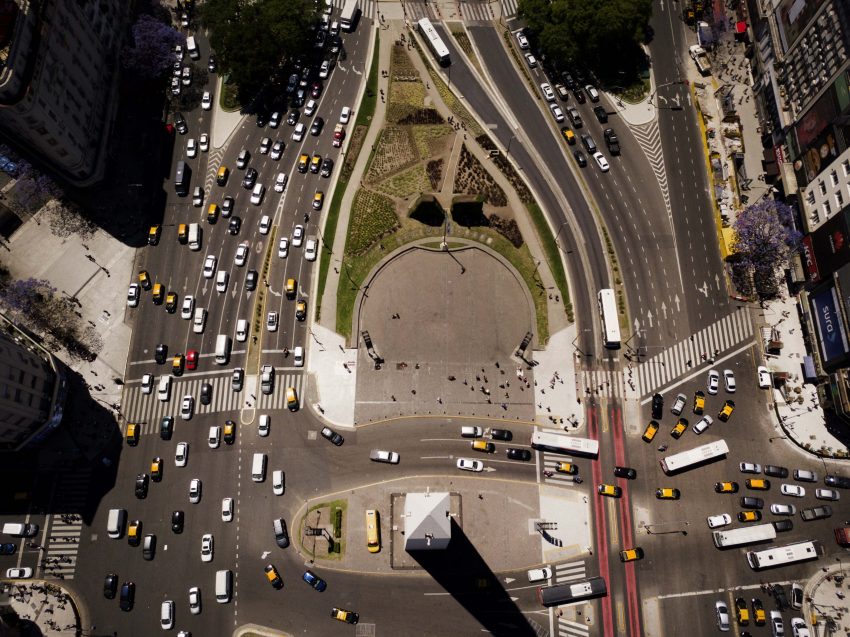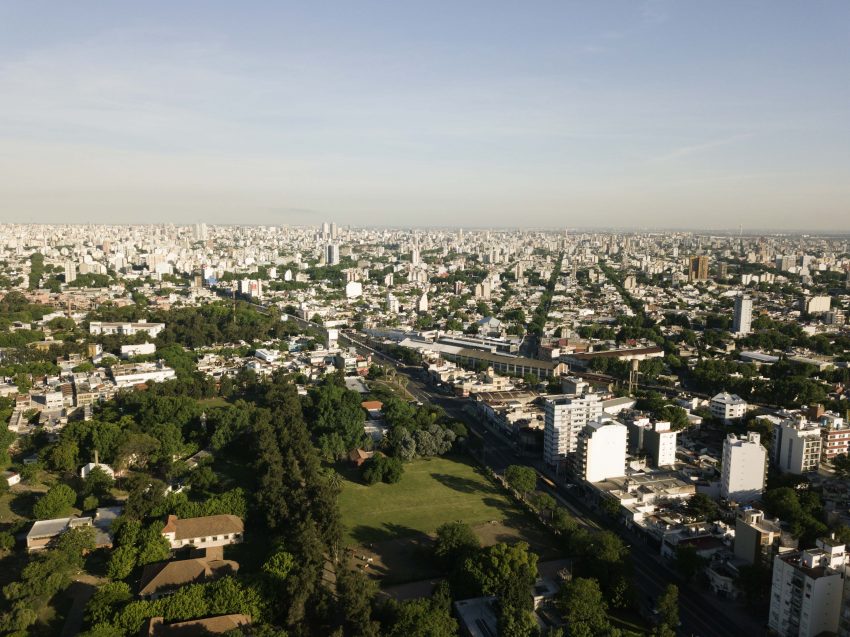
A semester in Buenos Aires is a thrill and a one time experience. Understanding how the Argentine society works is a study full of suprises. This information below might be handy to start with.
1.
Do not order packages from online and expect it to get to you during your stay in Buenos Aires. This also includes packages sent by your family members. After a few months you might get a telegram from the customs office in Buenos Aires where the packages have to be collected after paying a big import fee. In forums online there are various stories about expats receiving gift from family members with a value of 20 dollars, and when they go to pick up the package they get asked to pay 50 to 100 dollars to get the package out of the customs office. The trip to this office also requires three to four hours of waiting. Amazon does not even ship items to Argentina, except from books. Normal letters, one the other hand, works fine, especially if you pay extra for priority and safety. If you need something it is way better to find someone traveling to take it with them.
2.
Speaking of taxes, the tax on electronics in Argentina is sky high having one of the biggest import duties in the world. An iPhone or Mac in Argentina cost the double of what is cost in Norway. 150 per cent more than it does in the US. Apple does not have their own store in the country, and their items can only be sold in third-party retailers which somehow have to deal with an import tariff of 18 per cent, a luxury tax of 21 per cent and a value-added tax of 21 per cent. In 2013, Argentina was the most expensive country to buy an iPhone. If your charger to your computer break the price to get one fast would be 1800 NOK. This price difference obviously also make an iPhones very attractive for pickpockets. Argentines with lots of money go to the US to get their electronics, others to Paraguay, and the rest pay off their smart phones on a monthly basis in installment, cuotas. If your iPhone breaks down it is also recommended to do the reparation back in Europe.
3.
Money wise, Argentina is a case study of economic instability and an example of a “mission impossible” in classes of economy around the world. That is to say, inflation is extremely high and it is a question how Argentines deal with inflation running above 40 per cent yearly. The cost of life in Argentina is lower than in Scandinavia, and inflation is of course the curse affecting the locals. Departments in Buenos Aires are bought in cash, and not in the local currency pesos, but dollars. A mortgage to buy a home is almost impossible with the risk of inflation making the interest payments all time high suddenly. Renting an apartment, the price might increase around 20 per cent from one quarter to the next. From 1975 to 1990 there were hyperinflation of up to 5000 per cent. During this time, price level doubled every few months. Since 1991 the average rate of inflation is 20 per cent according to World Bank Data. In November 2015 a liter of milk was around 12 pesos (6 NOK). Nowadays milk cost around 30 to 35 pesos (from 16 NOK).
4.
When shopping or eating out it is always good to bring cash, also because it is very appreciated to give a minimum of 10 per cent tip. Paying with cards are not so common and many restaurants do not offer this possibility. In shopping malls they might ask for your ID number, which all Argentines carry with them, but as a foreigner only passport works. To get your cash you might consider to use a transfer office though ATM works OK. The only bugger is that you are only allowed to take out 2000 pesos at one time with a maximum of 4000 pesos a day. Every time you use your card, the Argentine bank charge 100 pesos.
5.
To get around the public transport is great. A SUBE Card can be purchased at a kiosk, or Kiosco, and there, or down at the subte stations you can fill it up with money. The card works for busses, subte and trains in Buenos Aires. It cost around 6 pesos for one ride.
6.
Getting around you might want to know that it is not normal for women to sit down on public toilets. They stand and this might cause a messy seat. While restaurants aways have toilet papers, you might consider bringing it if you are stopping on gas stations or other places.
7.
Argentina is enormous, actually the 8th biggest country in the world. Flights are quiet expensive if you want to cross to border countries, and the train network is not really working. The solution is busses, like it is in the whole of Latin America. You can easy get a super bed bus seat with champagne and three courses going to another city if you want to.
-Hilda-



